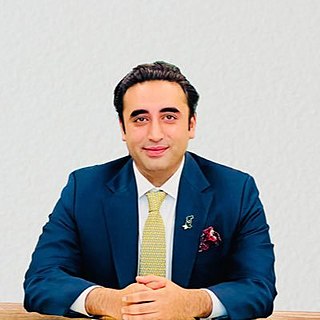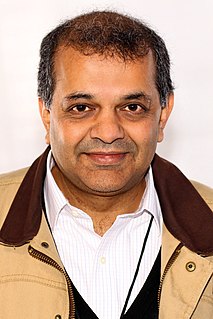A Quote by Barton Gellman
Pakistan has accepted some security training from the CIA, but U.S. export restrictions and Pakistani suspicions have prevented the two countries from sharing the most sophisticated technology for safeguarding nuclear components.
Related Quotes
So the idea about how detonation of a nuclear weapon might happen vary, you know - some people are especially concerned about terrorists getting their hands on nuclear weapons and using them. Some people are worried that there might be a nuclear war between India and Pakistan. Some think the Middle East, were Israel already has nuclear weapons and where other countries may be interested at some point and acquiring them, might be a flash point.
In 2007 and 2008, it was impossible to get American and British policy makers, or Pakistani politicians, to acknowledge that the Taliban leadership was in Pakistan. This is the great virtue of the early statements of the Obama administration, when Obama himself, Richard Holbrooke and others, said that the threat to both countries comes principally from western Pakistan, in Balujistan and Waziristan. So there has been some progress, but probably the hardest part is yet to come.
The animosity between India and Pakistan is deeply unfortunate and dangerous, and it's something I've long campaigned to reduce. But right now, when there's artillery being exchanged in Kashmir - which is not for from here, either - and there are 100-ish nuclear weapons on each side of the border, there's never really been a case like this where two nuclear armed countries are happily shelling each other.
In a world that has gone global, we no longer have a choice. If we don't export freedom, we risk importing the viruses which have corrupted other nations. ... Some critics complained that President Bush was arrogant when he suggested America can and should export freedom to other countries. This implies the people of unfree countries may not wish to be free. Which is the greater arrogance?
The real concern is that Iran would do what Pakistan did. Pakistan wanted nuclear weapons, like Iran, purely for defensive reasons - to defend itself against India. The problem was that once Pakistan acquired the weapons, it allowed the country to be more aggressive. So they stepped up their support for the Kashmiri terrorists, and it led very quickly to the Kargil crisis in 2000, which almost sparked a nuclear war between India and Pakistan.
Pakistan is alarmed by the rising Indian influence in Afghanistan, and fears that an Afghanistan cleansed of the Taliban would be an Indian client state, thus sandwiching Pakistan between two hostile countries. The paranoia of Pakistan about India's supposed dark machinations should never be underestimated.
There have always been elements in the Pakistani state that have been hostile to India; which is not to say that the Pakistani government as a whole is responsible for bombing Indian cities. But I think there are entities in the Pakistani security services that operate more or less autonomously. Their role certainly needs looking into.
My father's from Pakistan and he has been a secularist all his life. In the Pakistani context, there's no messing with religion. There's been a battle for the soul of Pakistan since 1947 and I have grown up without any illusions about the dangers of religious power in the context of a country like Pakistan.
































